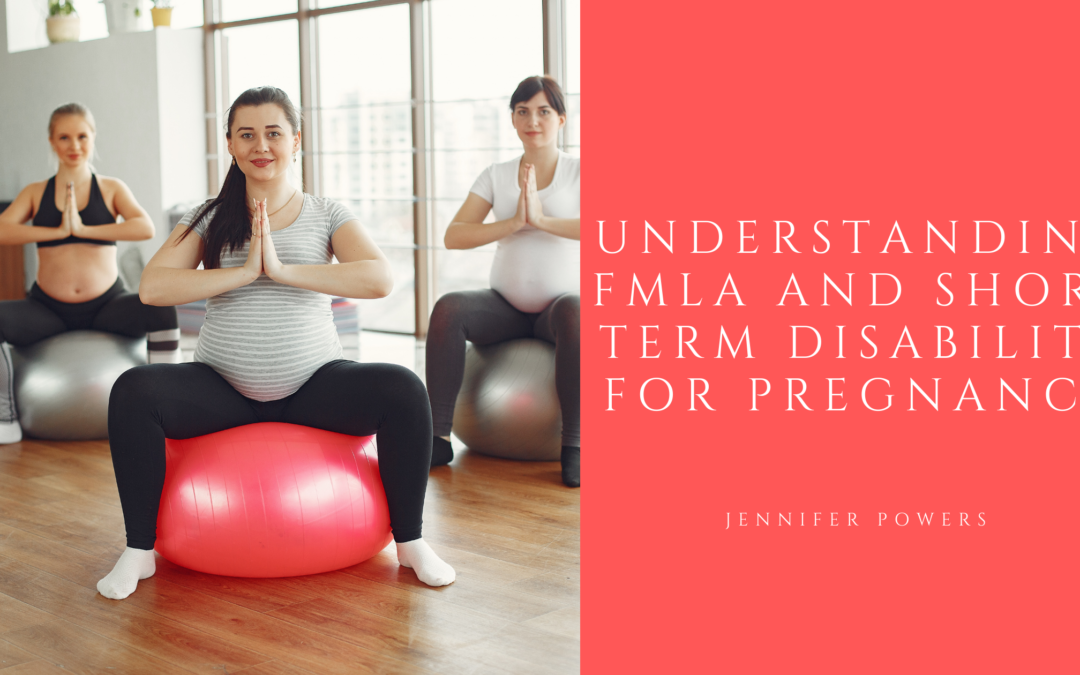New parents who want to work during and after the birth of their baby often find themselves overwhelmed. But understanding employee protections and rights for medical leave isn’t something a family should stress over. This information from Medela helps clear up questions and concerns new parents may have regarding parental leave during and after pregnancy.
Unfortunately, there isn’t any single law or national standard that covers everyone the same regarding parental leave. So, new parents will have to look at what their company offers and what they qualify for. Short-term disability and FMLA are two common options that new parents have to choose from.
Short-term disability is often used when employees suffer from an illness or injury. Employees can also use it during or after pregnancy if they can’t work. Companies that offer short-term disability may allow employees to receive part of their normal pay when they cannot work because of a medical condition.
The Family and Medical Leave Act, or FMLA, is a form of federally mandated medical leave. Eligible employees can use FMLA to take time off from work when recovering from or seeking treatment for qualifying medical conditions. Employers are required to grant FMLA to their employees who meet the following conditions:
- The employee has worked for the company for at least 12 months.
- The employee has worked at least 1,250 hours in the 12-month period leading up to the start of the employee’s leave.
- The company has at least 50 employees within a 75-mile radius.
Employees who are eligible for FMLA can take up to 12 weeks of unpaid leave within a 12-month period. When an employee returns from a medical leave covered by FMLA, they can expect three basic rights:
- The company cannot discriminate against employees for taking leave or for the reason of their leave.
- The employee will keep the same job or an equal job.
- The company may alter the employee’s schedule, or return them on an intermittent or part-time basis.
Since FMLA is unpaid leave, employees should also look into options for paid employer-provided leave as well. Some states have laws about required paid parental leave for new parents. But even in those states that don’t, many companies are offering paid parental leave to support their employees who are new moms and dads.
